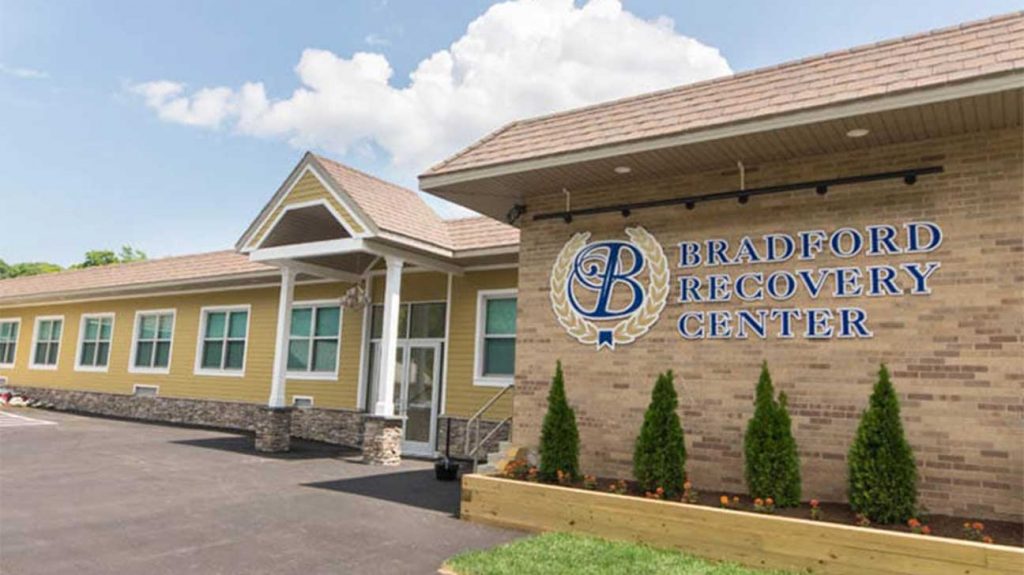
 There are a number of alcohol recovery centers in the United States, which provide affordable treatment to people struggling with alcohol addiction. These centers often operate on a sliding fee scale based on income level, and they are found in most large cities and many smaller communities. They can provide a variety of services, including mental health treatment, dental care, and prenatal care.
There are a number of alcohol recovery centers in the United States, which provide affordable treatment to people struggling with alcohol addiction. These centers often operate on a sliding fee scale based on income level, and they are found in most large cities and many smaller communities. They can provide a variety of services, including mental health treatment, dental care, and prenatal care.
Treatment centers use several methods to help clients overcome addiction, including cognitive-behavioral therapy, which focuses on the connection between actions, emotions, and thoughts. Other methods focus on identifying the triggers for relapse. Another form of therapy is contingency management, which involves using incentives and positive reinforcement to encourage abstinence. Another type of treatment is multidimensional family therapy, which aims to improve family bonds. Inpatient programs offer luxurious accommodations for patients to get away from the stress of daily life.
Alcohol addiction can damage brain cells, impair the body’s metabolic processes, and even compromise the immune system. Alcohol abuse wreaks havoc on the liver, which is a vital organ that detoxifies toxins from the body. Alcohol abuse also affects the immune system and metabolizes nutrients. Many alcohol recovery centers include family involvement in their treatment programs, which improves communication and helps repair strained relationships.
Inpatient treatment at an alcohol recovery center lasts from 30 days to 90 days. This type of treatment provides full-time medical staff, therapeutic options, and a personalized treatment plan based on a 12 step approach. Inpatient treatment centers are typically the best choice for long-term or severe addiction. Depending on the severity of the addiction and the need of the individual, inpatient treatment can last anywhere from 30 days to six months.
Even though the cost of alcohol recovery centres might be rather high, the cost of addiction treatment is significantly lower than the cost of drinking for a lifetime. There are numerous insurance providers that will pay for the cost of treatment. Patients are given the opportunity to pay only what they are able to financially manage thanks to the sliding scales and payment plans offered by many establishments. In addition, there are philanthropic groups as well as churches that provide their services for free or at significantly reduced fees.
The effects of alcoholism can be devastating on a person’s life. Depression, mental instability, and even shattered relationships are all potential outcomes of this condition. It may also cause them problems at work and with their finances. Participants in alcohol recovery programmes will learn how to handle these concerns and rebuild a healthy quality of life for themselves as a result of their participation in these programmes. In addition to providing treatment for alcohol addiction, recovery centres often offer continuing counselling and support for people recovering from alcoholism.
Treatment for addiction often includes participation in group therapy sessions. During group treatment, addicts get the opportunity to meet others who are going through similar challenges. They are able to overcome their addiction by talking to others about their worries and concerns and discussing their fears. They will have a far better chance of remaining sober if they have an accountability group that they can lean on.

